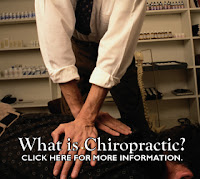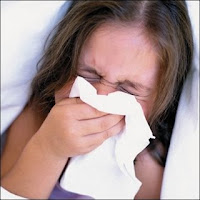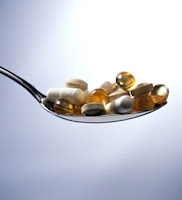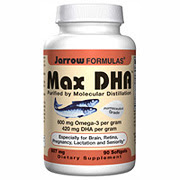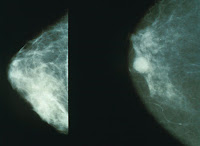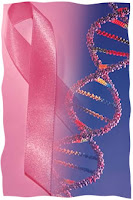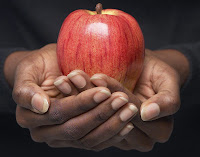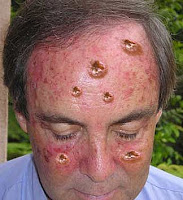Listen up wrestlers, boxers, body builders, brides to be and anybody else who makes a habit of losing significant weight quickly–rapid weight loss can lead to mental confusion. Aw big deal, right? Yes, it is–it could mean the difference between a win or loss, increase your risk of injury , or even be a matter of life and death!
Researchers at Cal State Fullerton recently looked at 16 collegiate wrestlers to determine if losing weight rapidly before a match had negative strength implications. But what they found might have surprised them: although they found no changes in strength, the wrestlers that lost 4% or more of their body mass had significantly higher levels of confusion on the day of the competition. No increased confusion was observed in those who lost less than 4% body mass. No wrestler lost more than 8% of their body mass (avg. wt. loss = 6 lbs). The study is published in the April issue of the Journal of Strength and Conditioning Research.
So you might be wondering why anybody needs to lose weight quickly. Fighters must ‘weigh-in’ before each bout, so it is common to lose weight right before the match or weigh-in, to come in lighter than their actual weight. This has the advantage of fighting a smaller opponent if you can get your weight below a certain level. In fact, most of the wrestlers in the study lost nearly all their weight in the two days before the match. (They were allowed to choose the desired amount of weight to lose before the match, using methods such as exercise, calorie restriction and fluid deprivation).
The drawbacks were not benign. According to researchers, “a sport which requires split-second decision making, a higher state of confusion and tension can detrimentally affect the wrestler’s performance.” No kidding.
 Lots of people want to lose weight overnight. Shows like The Biggest Loser only perpetuate that desire, as they demonstrate how effective rapid weight loss under controlled conditions can be. But for the most part, rapid weight loss can be dangerous. Most people that lose weight rapidly gain it back quickly, and the physiological changes that go along with this type of weight loss can have deleterious effects on the body–cardiovascular, neurological and mental.
Lots of people want to lose weight overnight. Shows like The Biggest Loser only perpetuate that desire, as they demonstrate how effective rapid weight loss under controlled conditions can be. But for the most part, rapid weight loss can be dangerous. Most people that lose weight rapidly gain it back quickly, and the physiological changes that go along with this type of weight loss can have deleterious effects on the body–cardiovascular, neurological and mental.
I never understand when clients tell me they expect their latest weight loss plan (diet or exercise program) to net them 100 lbs. in a year or less.
 What?!?!
What?!?!
Yes, a year or less.
You are crazy–first it probably won’t happen and second, you don’t want it to. A pound a week is healthy; 50 lbs in a year. But they are convinced.
I’m not suggesting that this study has anything to do with the type of weight loss I just describe, but it does have a correlation. Simple–any super-rapid weight loss is going to have physiological effects. Now extrapolate that to “if it has short-term effects in athletes, what does it do over the long-term in the obese?” I think that’s a question worth asking.

